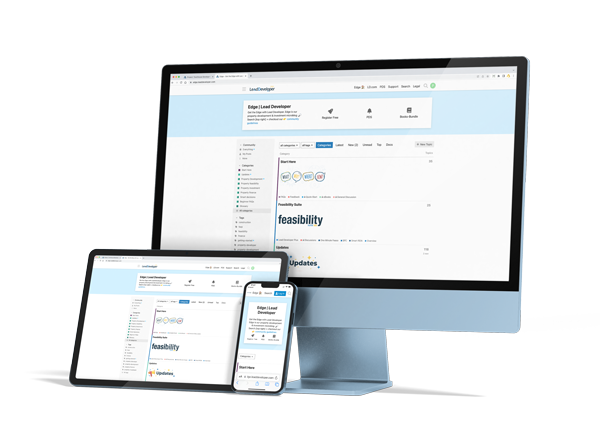A Landlord’s Ultimate Checklist!
1. Decision Making
a. Management Options
- Decide between self-management or professional management.
- Assess the cost of professional management (5.5 to 8.8% of rent).
b. Knowledge and Compliance
- Understand rental laws and regulations.
- Stay informed about tenant and property owner rights.
2. Self-Assessment for Property Management
- Evaluate if you are a people person.
- Assess problem-solving and conflict resolution skills.
- Review basic accounting and negotiation skills.
- Consider maintenance and repair abilities.
- Assess willingness for after-hours availability.
- Determine time and effort commitment.
3. Hiring Professional Management
a. Researching and Choosing an Agency
- Research local real estate agencies.
- Interview potential agents and check references.
- Evaluate the agency’s experience and track record.
b. Agency Considerations
- Check for appropriate licenses and credentials.
- Confirm professional indemnity and public liability insurances.
- Understand the agency’s emergency repair policies.
- Monitor property expenses closely in the initial phase.
c. Fee Structure
- Understand management fee structures.
- Be aware of additional fees for leasing and tenant turnover.
4. DIY Property Management
- Evaluate the cost-benefit of self-management vs. hiring an agent.
- Develop a list of reliable and licensed contractors.
- Consider the value of your time against management tasks.

 You are missing out if you haven’t yet subscribed to our YouTube channel.
You are missing out if you haven’t yet subscribed to our YouTube channel.
5. Tenant Management
a. Renting Vacant Properties
- Establish clear tenant-selection criteria.
- Be aware of discrimination laws.
- Determine lease lengths and set competitive rents.
- Consider property upgrades and renovations for added value.
b. Advertising and Showings
- Determine desirable features for advertising.
- Optimize property’s street appeal.
- Schedule efficient property showings.
c. Application and Screening
- Collect and verify tenant applications.
- Conduct thorough background and reference checks.
d. Signing Leases and Financial Transactions
- Review and sign lease agreements.
- Collect first month’s rent and security deposits.
e. Property Inspection and Maintenance
- Conduct initial and regular property inspections.
- Ensure timely maintenance and repairs.
f. Tenant Relations
- Establish clear communication channels with tenants.
- Address tenant concerns and requests promptly.
6. Legal and Financial Responsibilities
- Understand and comply with local and federal housing laws.
- Maintain accurate financial records.
- Ensure proper handling of security deposits.
- Stay updated on changes in property and tenancy laws.
7. Ongoing Learning and Improvement
- Regularly update knowledge on property management best practices.
- Seek feedback from tenants and professionals for improvements.
- Adapt strategies based on experiences and market changes.
8. Emergency and Conflict Resolution
- Establish protocols for emergency situations.
- Develop conflict resolution strategies for tenant disputes.
9. Future Planning

Make It Real
 Start Your Journey Today!
Start Your Journey Today!
You are missing out if you haven’t yet subscribed to our YouTube channel.


